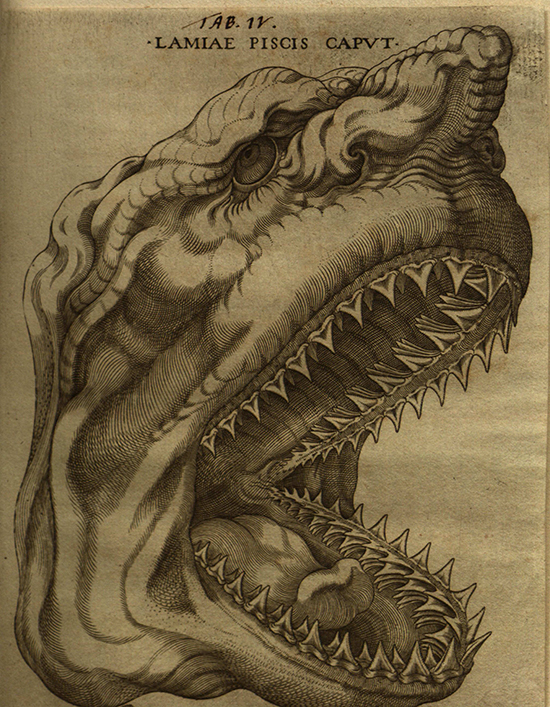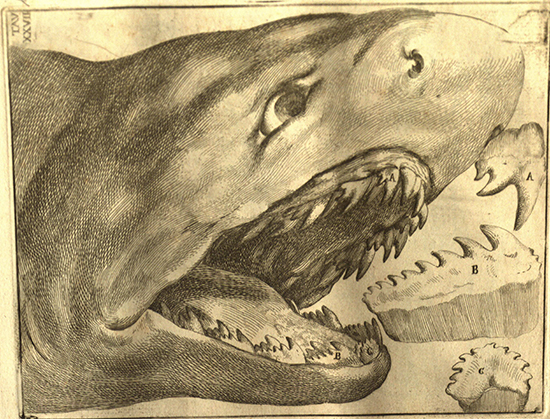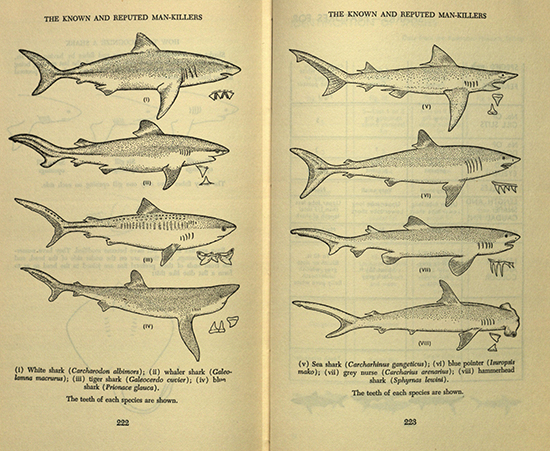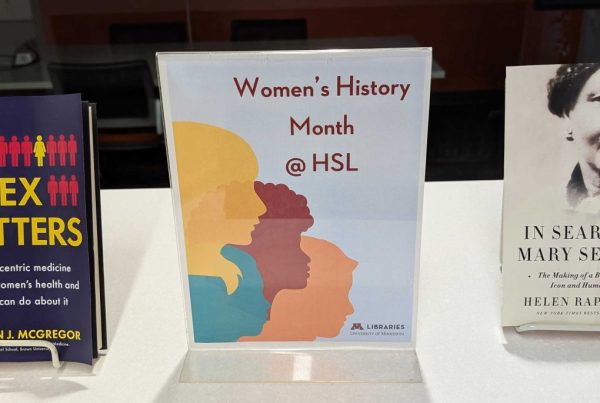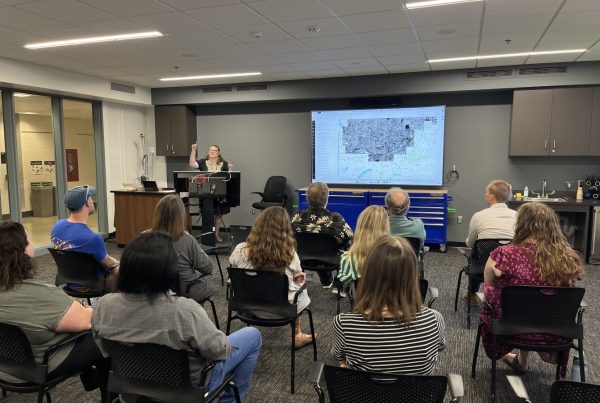It’s #sharkweek2015 and the University of Minnesota’s Wangensteen Library is geared up to celebrate with a few hand-picked resources from its collection.
Nicolaus Stenonis
This image comes from a copy of Nicolaus Stenonis’ “Elementorum myologiae specimen” (1667).
Although the picture may not look like the ones we idolize on screen this week, this image shows a breakthrough in marine biology. Prior to this, fossilized shark teeth were (in some circles) believed to be serpent tongues turned to stone by Saint Paul.
Nicolaus Stenonis identified these correctly as shark teeth in his work. While the story of the serpent tongues may be more interesting on screen, shark week is all about giving sharks the respect that they deserve.
Agostino Scilla
There’s just something about shark week that brings people together. For proof, check out the entry for “shark week relationship” on urbandictionary.com.
Our librarians at Wangensteen library love sharks just as much as you do. So they continue to dive into their collection to learn a little bit more about the history of sharks.
Agostino Scilla followed Niels Stenson’s lead and worked to increase our understanding of sharks, though Scilla was able to represent them more accurately.
Where others saw uniformity across the shark species, Scilla saw individuality. His works brought continued accurate understanding about the sharks that are celebrated this week.
Below is an illustration taken from Scilla’s “De corporibus marinis lapidescentibus quae defossa reperiuntur” (1759).
Shark Attack
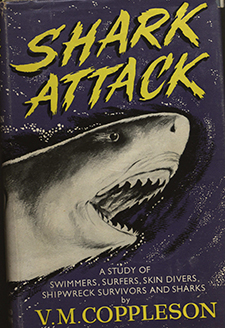 We hope you have enjoyed Wangensteen’s #sharkweek2105.
We hope you have enjoyed Wangensteen’s #sharkweek2105.
Shark Week wouldn’t be Shark Week without a few shark attacks, and the Wangensteen collection wouldn’t be complete without a book entirely written specifically on this topic.
This 1958 book by V.M. Coppleson is titled, “Shark attack: A study of swimmers, surfers, skin divers, shipwreck survivors and sharks” (1958).
The picture, below, is taken from “Shark Attack” and identifies “The known and reputed man-killers.”


